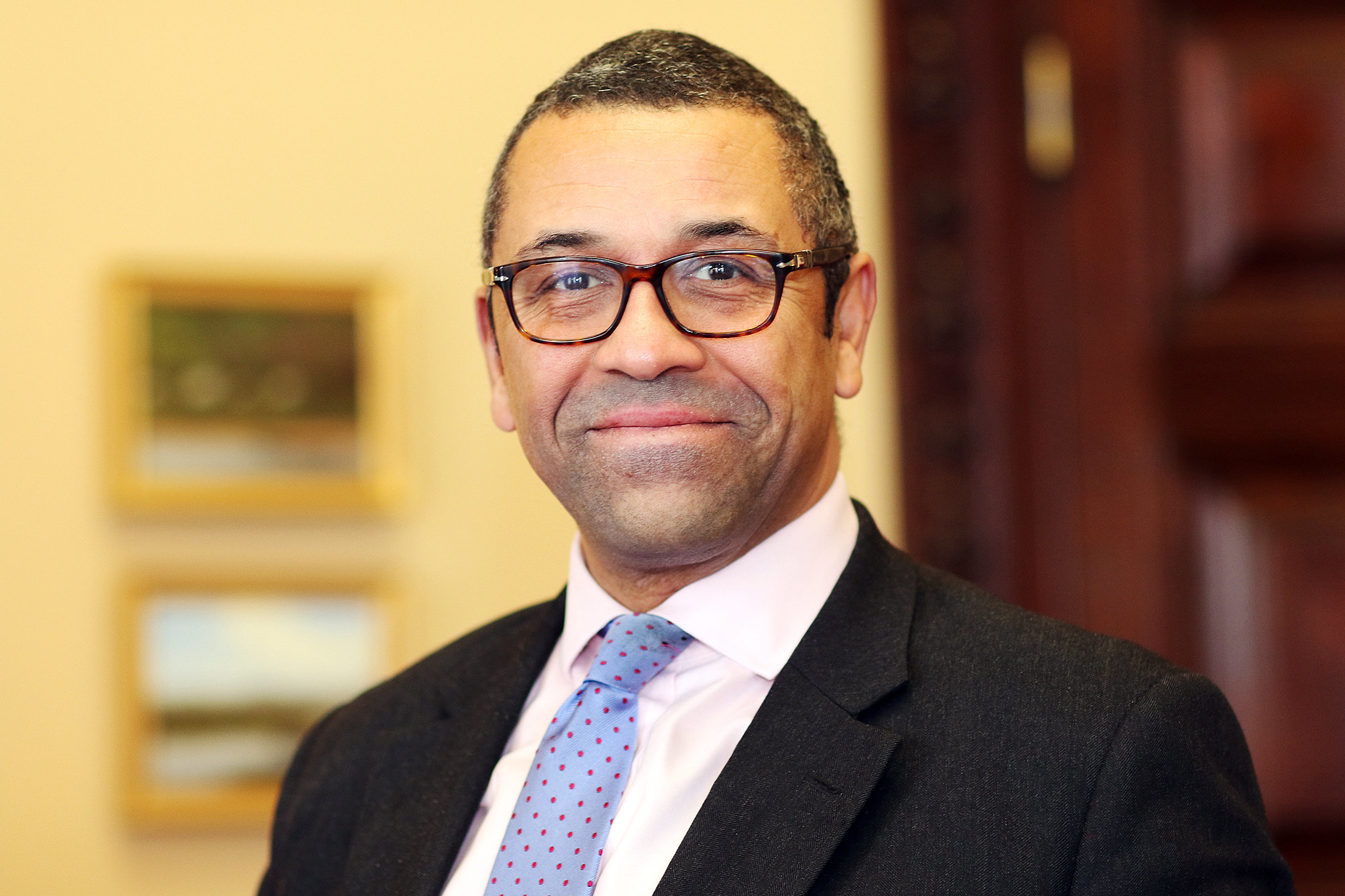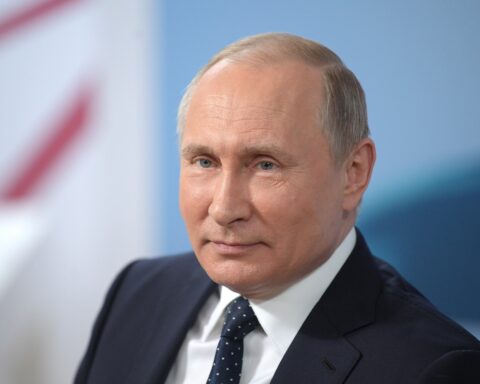LONDON (Parliament Politics Magazine) – Defending the prime minister’s economic agenda, the foreign secretary has stated that getting rid of Liz Truss would be a “disastrously bad idea.”
Despite unrest among the Tories about tax cuts, James Cleverly stated that the PM has only been in the office for 37 days and she would stick to her plans.
The mini-budget which shook the market and alarmed some people “is not her fault,” he stated.
The planned tax cuts announced last month have been repeatedly defended by the PM.
If Ms. Truss continues down her current path, there have been rumours that Conservative MPs may try to remove her from office.
However, Mr. Cleverly defended her strategy, saying that replacing the leadership would be bad for the UK “politically and also economically.”
Mr. Cleverly responded that the government’s “plan is to grow the economy” when asked if it would make any adjustments to win over dissident Tory MPs.
He claimed that encouraging growth was the only way to combat the “powerful and negative economic headwinds” buffeting the UK.
Mr. Cleverly stated that the government would make “professional and tough decisions” regarding expenditure, but they were not going to be slashing public services, adding that some sectors will have growth that is close to inflation.
Financial markets were shaken by the Chancellor’s mini-budget on September 23, which promised £45 billion in tax cuts financed by borrowing. This prompted the Bank of England to step in to safeguard pension funds.
On October 31, Mr. Kwarteng is expected to outline his plans for funding the package and reducing debt.
However, Ms. Truss is hearing more and more calls from members of her own party to abandon all or a portion of her economic plan to support the UK economy ahead of a challenging winter.
Following a heated PMQs session on Wednesday, Ms. Truss met with backbencher Tory MPs, some of whom criticised her economic policies.
The BBC was told by the sources who attended the meeting of the 1922 committee that Tory MP Robert Halfon had accused Ms. Truss of “trashing blue collar conservatism.”
He informed her that while she had slashed taxes for millionaires and sought to eliminate affordable housing and benefits, the party’s track record over the last ten years had included things like increasing apprenticeships and the living wage.
While Ms. Truss appeared “shocked” and said he could come to speak to her, MPs in attendance said that he received a cheer.
The prime minister, though, declared that the meeting had been “very good” as she exited the room.
Ms. Truss had disputed plans to decrease public spending at PMQs, saying the government would instead concentrate on lowering debt “by making sure we spend public money well”.
The PM reportedly agreed during the discussion that she should have better prepared the ground for her recent policies, said an MP who backed Ms Truss in the Tory leadership race.
Following a vote by Conservative Party members to elect her as the party’s leader, Ms. Truss was sworn in as prime minister on September 6.
After a spate of political controversies, her predecessor, former Prime Minister Boris Johnson, was removed from office by his own cabinet ministers and Truss took the office.






